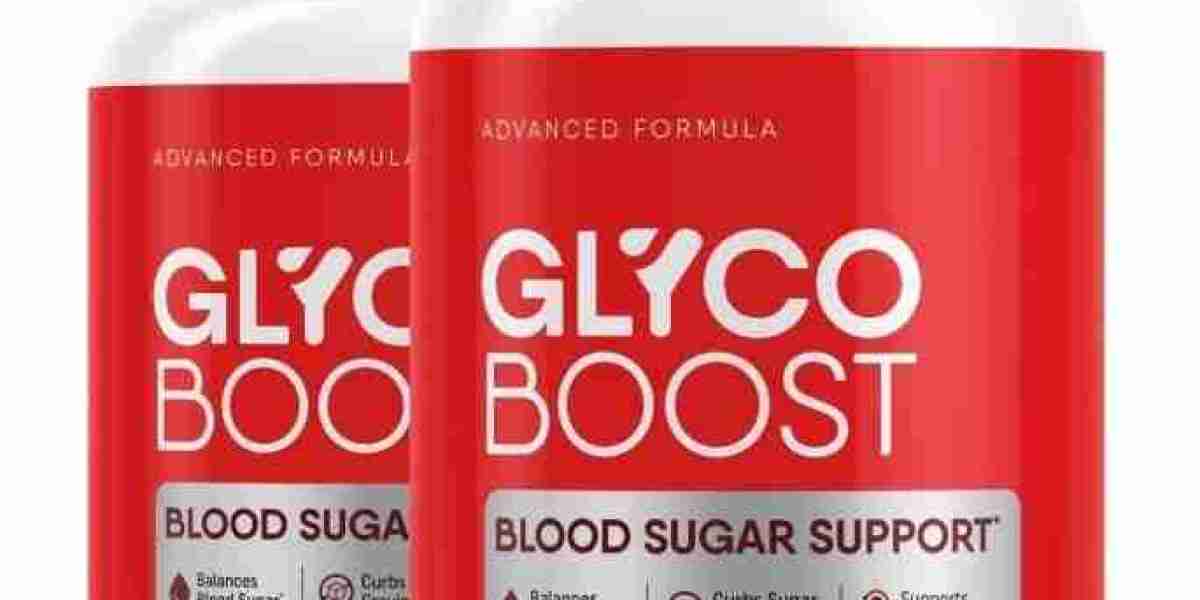Attention Deficit Hyperactivity Disorder (ADHD) affects millions of children and adults worldwide. While medications like Adderall are commonly prescribed to manage symptoms, many people are exploring alternative treatments, such as dietary changes and nutritional supplements. But can diet and nutrition truly help manage ADHD symptoms? Let’s dive into the connection between food, brain function, and ADHD to understand how nutritional choices might influence behavior, focus, and overall well-being.
Understanding ADHD and Its Symptoms
ADHD is a neurodevelopmental disorder characterized by symptoms such as inattention, hyperactivity, and impulsivity. These symptoms can make daily life challenging for individuals, affecting academic performance, work productivity, and relationships. While prescription medications like Adderall are effective for many, they may not be suitable for everyone due to side effects or personal preferences.
This has led researchers and individuals to explore whether diet and nutrition can help manage ADHD symptoms naturally. Although diet alone is unlikely to "cure" ADHD, emerging evidence suggests that certain foods and nutrients may play a role in reducing symptoms and improving cognitive function.
The Role of Diet in Brain Function
The brain requires essential nutrients to function properly. A well-balanced diet rich in vitamins, minerals, and healthy fats can improve neurotransmitter activity, reduce inflammation, and promote better focus and emotional regulation. Some key dietary factors to consider include:
1. Protein-Rich Foods
Protein helps regulate blood sugar levels and promotes the production of neurotransmitters like dopamine and norepinephrine, which play a crucial role in attention and impulse control. Foods such as lean meats, eggs, beans, nuts, and dairy products can provide a steady supply of protein to support brain health.
2. Omega-3 Fatty Acids
Omega-3 fatty acids, found in fatty fish (salmon, mackerel, sardines), flaxseeds, and walnuts, are essential for brain function. Studies suggest that children and adults with ADHD often have lower levels of omega-3s, and supplementation may improve attention, memory, and impulse control.
3. Complex Carbohydrates
Refined sugars and simple carbohydrates can lead to blood sugar spikes and crashes, which may exacerbate ADHD symptoms. Instead, complex carbohydrates such as whole grains, vegetables, and legumes provide a steady source of energy and help maintain stable blood sugar levels.
4. Iron, Zinc, and Magnesium
Deficiencies in iron, zinc, and magnesium have been linked to ADHD symptoms. Iron plays a role in dopamine production, while zinc helps regulate neurotransmitter activity. Magnesium supports relaxation and focus. Foods such as spinach, lentils, pumpkin seeds, and lean meats can help maintain adequate levels of these nutrients.
Foods to Avoid for ADHD Management
While certain foods can help support brain health, others may contribute to ADHD symptoms. Some of the most problematic dietary triggers include:
1. Artificial Additives and Preservatives
Research has shown that artificial food colorings, preservatives, and flavor enhancers may worsen hyperactivity and impulsivity in some children with ADHD. Avoiding processed foods, candies, and sugary drinks with artificial ingredients may help reduce symptoms.
2. Excess Sugar
High sugar consumption can lead to mood swings, irritability, and energy crashes. Reducing sugar intake and choosing natural sweeteners like honey or fruits can help stabilize energy levels.
3. Caffeine and Energy Drinks
While caffeine can temporarily improve focus, excessive consumption can lead to restlessness, anxiety, and sleep disturbances. Children and teenagers with ADHD should limit or avoid caffeinated beverages.
4. Dairy and Gluten Sensitivities
Some individuals with ADHD may be sensitive to dairy or gluten. Although not everyone with ADHD needs to eliminate these foods, some parents report improvements in their child’s behavior after trying an elimination diet. Consulting a healthcare professional can help determine if food sensitivities are contributing to symptoms.
Can Diet Replace ADHD Medication?
For some individuals, dietary changes may significantly improve ADHD symptoms, reducing the need for medication. However, for others, a combination of medication and dietary adjustments may be the most effective approach. Medications like Adderall are clinically proven to enhance focus and impulse control, making them a valuable tool for many individuals with ADHD.
Those who prefer a natural approach may try dietary interventions first and monitor changes in symptoms. If ADHD symptoms remain severe, consulting a healthcare professional about treatment options—including the possibility to buy Adderall under medical supervision—may be necessary.
The Importance of a Balanced Approach
Managing ADHD through diet and nutrition is not about strict restrictions but about making mindful food choices that support brain health. Here are some practical tips to create a balanced approach:
Meal Planning: Preparing healthy meals and snacks in advance can help ensure consistent nutrient intake.
Hydration: Dehydration can affect concentration and mood, so drinking enough water is essential.
Regular Exercise: Physical activity complements a healthy diet by improving focus, reducing stress, and promoting better sleep.
Mindful Eating: Encouraging children and adults with ADHD to eat slowly and avoid distractions during meals can improve digestion and nutrient absorption.
Should You Buy Adderall Online?
For individuals considering medication as part of their ADHD management plan, accessibility and convenience are important factors. Some people choose to buy Adderall online through licensed pharmacies, ensuring they receive a legitimate prescription. However, it is crucial to avoid unverified sources, as counterfeit medications can be dangerous. Always consult a doctor before purchasing ADHD medication to ensure safety and proper dosage.
Final Thoughts
While diet and nutrition alone may not replace traditional ADHD treatments, they can play a crucial role in managing symptoms and improving overall well-being. A well-balanced diet rich in protein, healthy fats, and essential vitamins can support brain function and help regulate mood and focus.
For individuals who require medication, options like Adderall remain a viable treatment choice. Whether choosing a natural approach or a combination of diet and medication, the key is to find what works best for each individual. Consulting a healthcare professional can provide personalized recommendations for managing ADHD effectively.
By making informed choices about diet, lifestyle, and medical treatments, individuals with ADHD can improve their quality of life and optimize their cognitive function.






